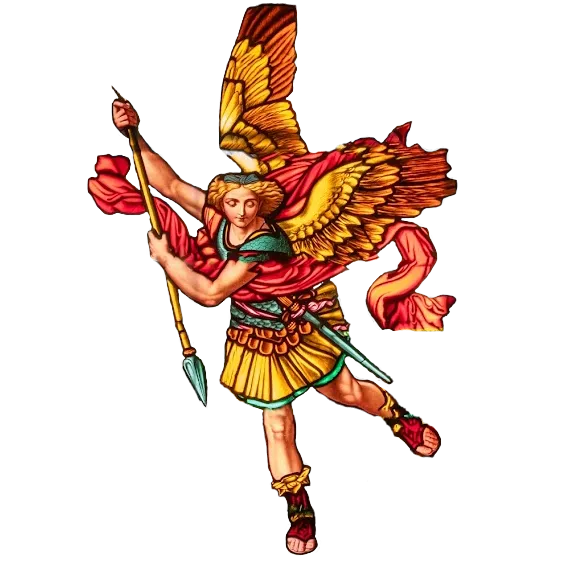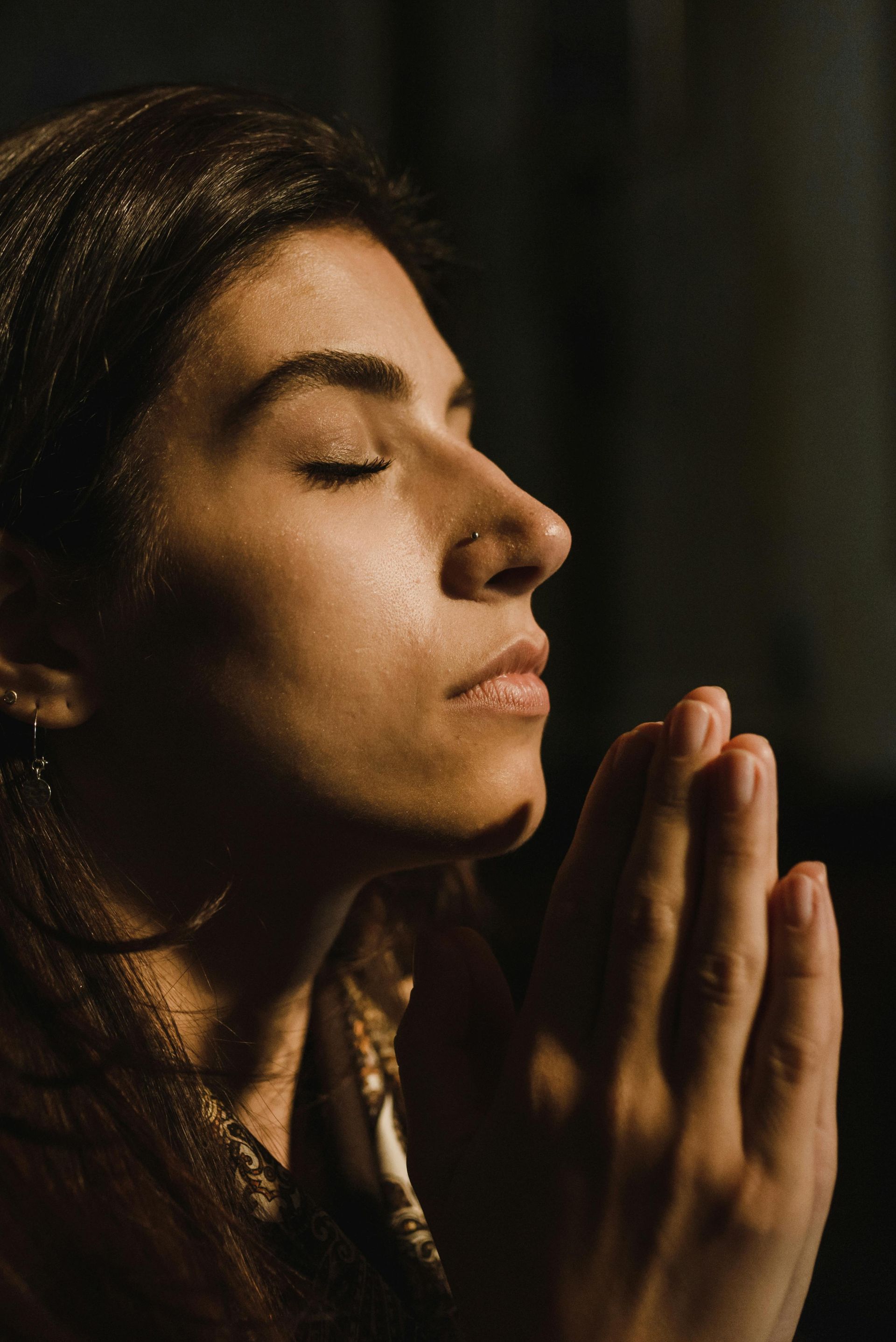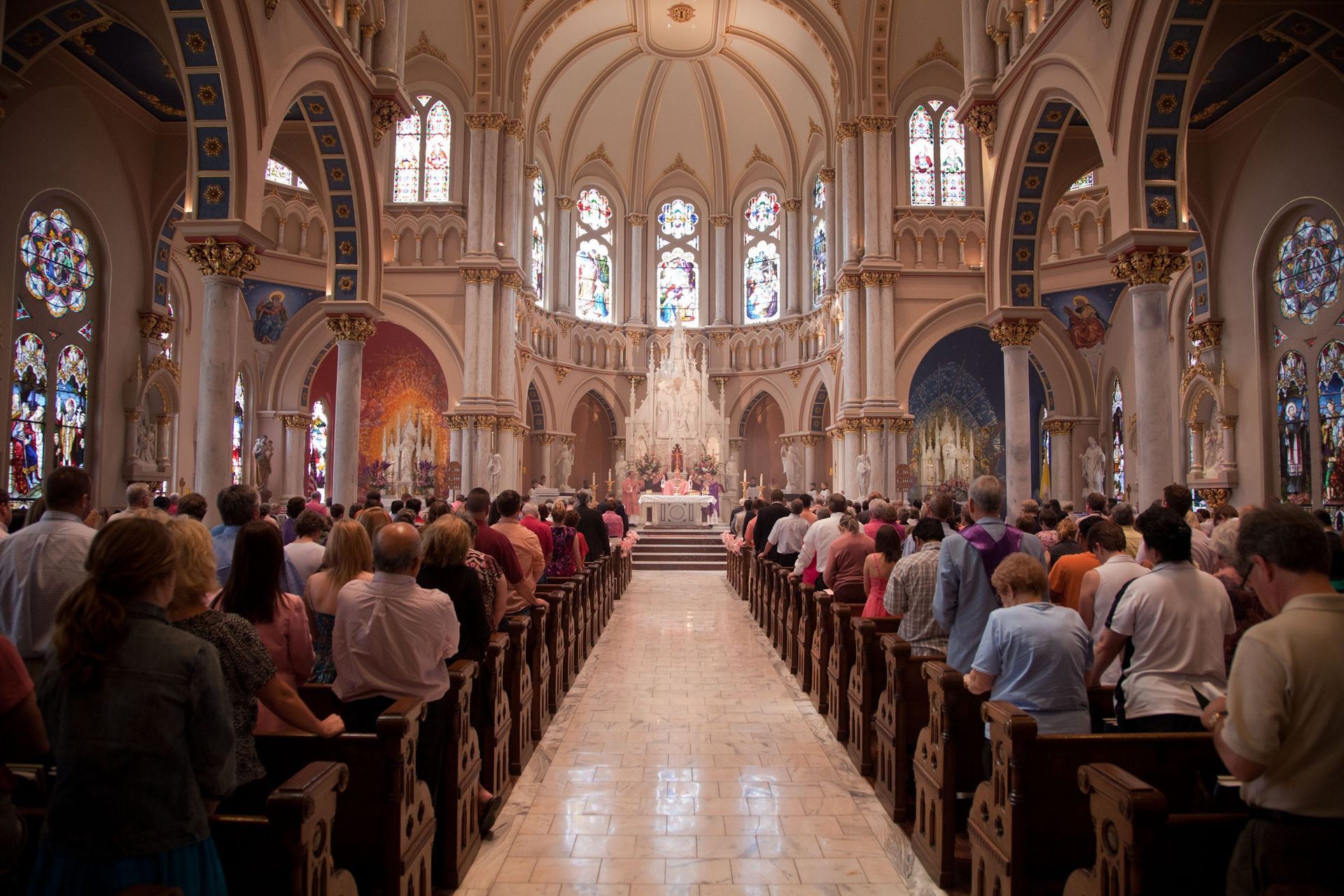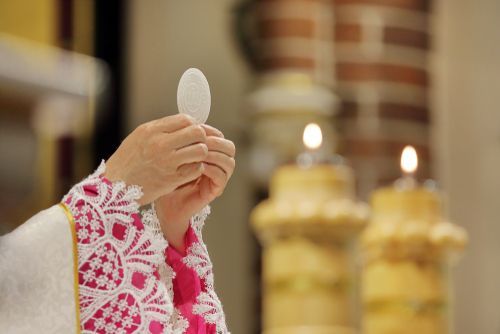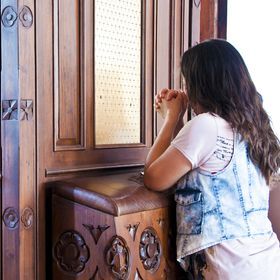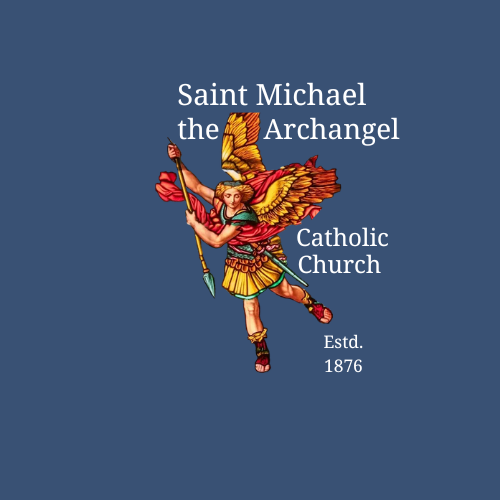Holy Sacrifice of the Mass
Then he [Jesus] took the bread, said the blessing, broke it, and gave it to them, saying, “This is my body, which will be given for you; do this in memory of me.”
Luke 22: 19
Why is the Mass called the "New Passover"?
[Jesus] said to [the apostles], "I have eagerly desired to eat this Passover with you before I suffer, for, I tell you, I shall not eat it [again] until there is fulfillment in the kingdom of God." Then he took a cup, gave thanks, and said, "Take this and share it among yourselves; for I tell you [that] from this time on I shall not drink of the fruit of the vine until the kingdom of God comes." Then he took the bread, said the blessing, broke it, and gave it to them, saying, "This is my body, which will be given for you; do this in memory of me." And likewise the cup after they had eaten, saying, "This cup is the new covenant in my blood, which will be shed for you."
Luke 22:15-20
At the Last Supper, which was a celebration of Passover, Christ instituted the Sacrament of the Eucharist to commemorate his Sacrifice on the Cross and Resurrection, which was the definitive Passover that delivered his people from their sins.
The celebration of Passover was a Jewish feast commemorating the day that God had delivered the Israelites out of their slavery in Egypt. His own Passion, Death, Resurrection, and Ascension are the New Passover of the New Covenant by which the faithful are saved from their bondage to sin and enter new life in Heaven.
In consecrating the bread and cup at the meal and directing his Apostles to repeat this act as a memorial of his Death and Resurrection, Christ established the celebration of the Eucharist, the Holy Sacrifice of the Mass, as the celebration of this New Passover. (Cf. CCC 1339, 1362)
The Catechism of the Catholic Church, paragraph 1340 addresses this question.
-The Didache Bible
The liturgical celebration of the Eucharist makes the New Passover of Christ present again in three ways:
- It is a sharing in the Sacrifice of Christ, which is expressed most fully by the reception of Holy Communion.
- It is a sharing in the Death and Resurrection of Christ.
- It anticipates the ultimate fulfillment of the Passover in the Kingdom of God.
This threefold commemoration of the Eucharist is reflected in the various prayers of the Memorial Acclamation said during the Mass, for example: "When we eat this Bread and drink this Cup, / we proclaim your Death, O Lord / until you come again." (Cf. CCC 1403, 1409)
What does "Mass" mean?
The English word “Mass” comes from the Latin word "missa", which means to be “sent.” This Latin word has been used since the 6th or 7th century to describe the Catholic celebration of the Eucharist, our main liturgical service.
At one time, the people were dismissed with the words "Ite, missa est" (literally meaning "Go, she—meaning you, the Church—has been sent"). The word "Missa" is related to the word "missio," the root of the English word "mission."
The liturgy does not simply come to an end. Those assembled are sent forth to bring the fruits of the Eucharist to the world.
Holy Mass (Missa), because the liturgy in which the mystery of salvation is accomplished concludes with the sending forth (missio) of the faithful, so that they may fulfill God's will in their daily lives.
Christ did not enter into a sanctuary made by hands, a copy of the true one, but heaven itself, that he might now appear before God on our behalf. Not that he might offer himself repeatedly, as the high priest enters each year into the sanctuary with blood that is not his own; if that were so, he would have had to suffer repeatedly from the foundation of the world. But now once for all he has appeared at the end of the ages to take away sin by his sacrifice.
Hebrews 9:24-26
Why is the Mass considered a Sacrifice?
The Mass is a Sacrifice because it is a participation in the one Sacrifice of Christ, which is made present through the Eucharistic liturgy.
Christ died for our sins once and for all, and his one perfect Sacrifice atones for all of our sins for all time. Because of this, there is no need for the Temple sacrifices of the Old Law, where animals or goods of the harvest were burned in atonement. Yet the Eucharistic liturgy of the Church—the Mass, or Divine Liturgy—remains a holy Sacrifice because it is a sharing in the one Sacrifice of Christ, which is re-presented, or made present among us, each time the Eucharist is celebrated. (Cf. CCC 613-614,1382,1545)
Then he [Jesus] took the bread, said the blessing, broke it,
and gave it to them, saying,
“This is my body, which will be given for you;
do this in memory of me.”
Luke 22: 19
When Christ consecrated the bread and wine at the Last Supper, he instructed his Apostles, "Do this in memory of me." (Luke 22:19) The idea of remembrance, or memorial, in this context refers not to the mere calling to mind of a past event but rather a re-living, or a re-presentation, in a mystical way the event of Christ's eternal Sacrifice on the Cross. "The Eucharist is thus a sacrifice because it re-presents (makes present) the sacrifice of the cross...The sacrifice of Christ and the sacrifice of the Eucharist are one single sacrifice"(CCC 1366-1367). (Cf. CCC 611, 323,1330,1545, 1566)
The Mass is also called a Sacrifice of praise and thanksgiving for God's creation, which he has given us. (Cf. CCC 1357,1359)
The Catechism of the Catholic Church, paragraph 1382 addresses this question.
-The Didache Bible, page 1852
I looked again and heard the voices of many angels who surrounded the throne and the living creatures and the elders. They were countless in number, and they cried out in a loud voice: "Worthy is the Lamb that was slain to receive power and riches, wisdom and strength, honor and glory and blessing." Then I heard every creature in heaven and on earth and under the earth and in the sea, everything in the universe, cry out: "To the one who sits on the throne and to the Lamb be blessing and honor, glory and might, forever and ever." The four living creatures answered, "Amen," and the elders fell down and worshiped.
Revelation 5:11-14
Deepen Your Devotion
to the Holy Sacrifice of the Mass
Elements of the Catholic Mass Video Series
Welcome to Elements of the Catholic Mass. Designed for those who want to understand the "why" behind the "what".
These short videos provide a deep dive into the richness of the
Mass. Watch the entire program which consists of beautifully produced short videos of 2-5 minutes.
Mass Times and Schedule
HOW TO PREPARE FOR THE MASS
What can we do to be ready for the Mass? Getting in the proper mindset for us to better participate in the Mass... DISCOVER MORE
When you search for Life, Truth, Love...the answer is God.
Being Catholic
"What are you looking for?", Christ asked of his disciples.
Are you new or have been away from the Church? Are you Catholic and have not received the Sacraments?
We welcome and invite you to learn more about the faith that Jesus Christ founded.



